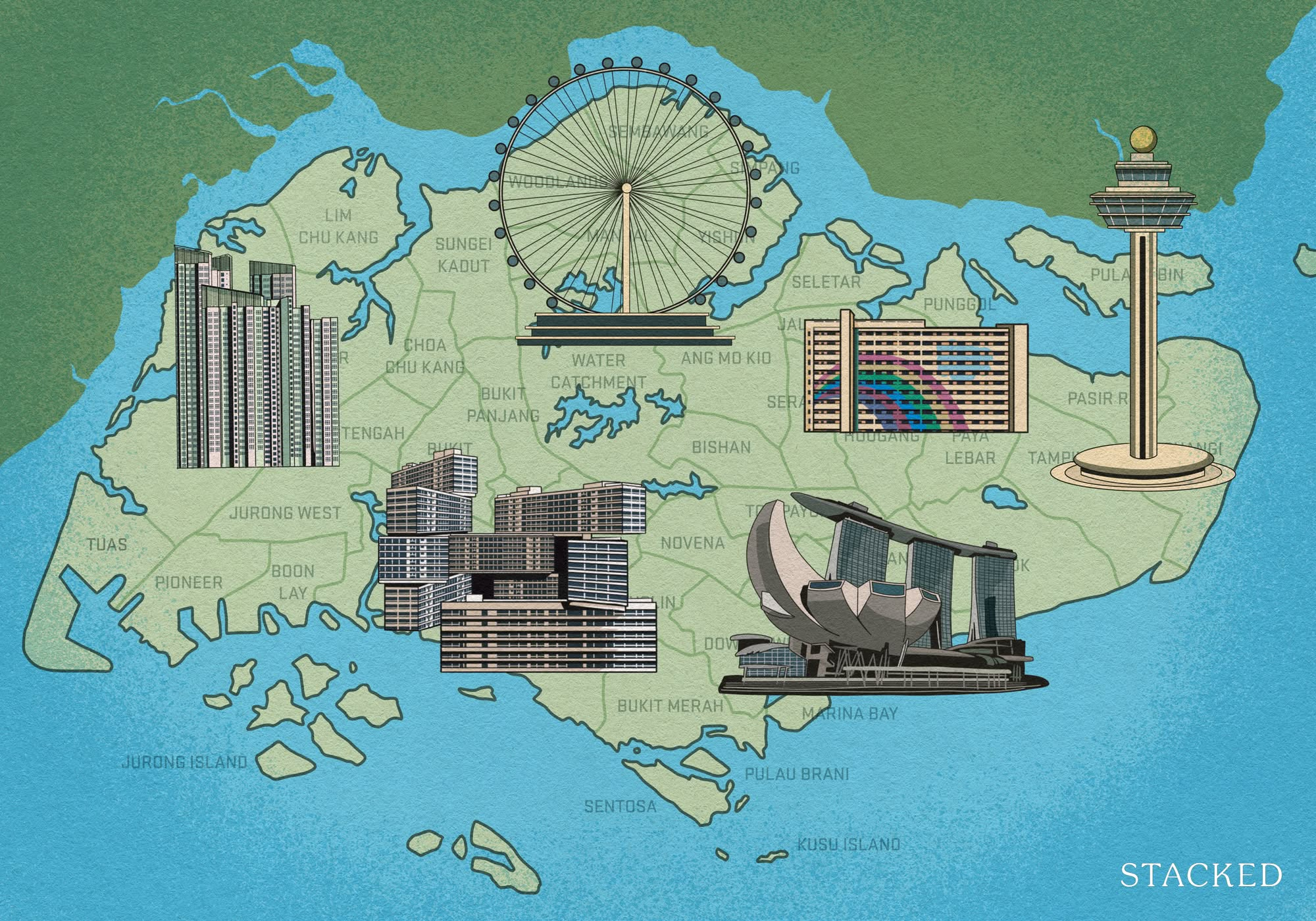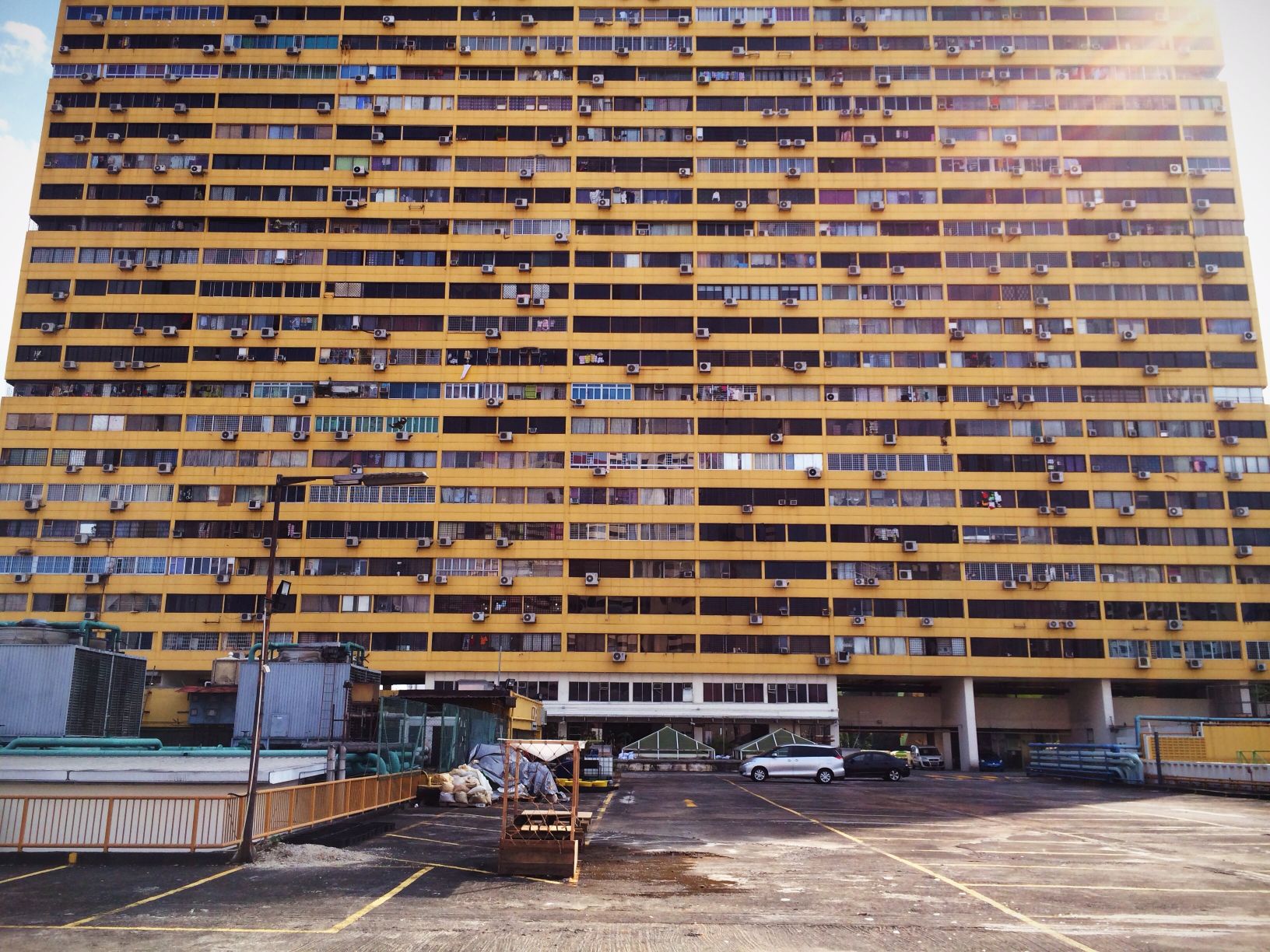All You Need To Know: The Income Requirements For Getting A Home Loan

Get The Property Insights Serious Buyers Read First: Join 50,000+ readers who rely on our weekly breakdowns of Singapore’s property market.
A seasoned content strategist with over 17 years in the real estate and financial journalism sectors, Ryan has built a reputation for transforming complex industry jargon into accessible knowledge. With a track record of writing and editing for leading financial platforms and publications, Ryan's expertise has been recognised across various media outlets. His role as a former content editor for 99.co and a co-host for CNA 938's Open House programme underscores his commitment to providing valuable insights into the property market.
You’ve spent the last few months talking to three different banks, and each time your hopes have sunk further. As you pick up today’s mail, you realise it’s probably your last chance of securing a home loan, before you lose out on that sweet new property you’ve had your eye on.
But the letter crushes you from the very first line: “We regret to inform you that…” and there’s no need to even read the rest.
The question running through your head is probably why?
You and your spouse have a great credit score, good incomes, and even an HDB flat you’re prepared to sell. What bizarre formula decides you don’t earn enough?
Chances are, the issue lies in one of these:
- Minimum income requirements
- Eligible income sources
- Mortgage Servicing Ratio (for HDB properties)
- Total Debt Servicing Ratio (TDSR)
1. Minimum income requirements
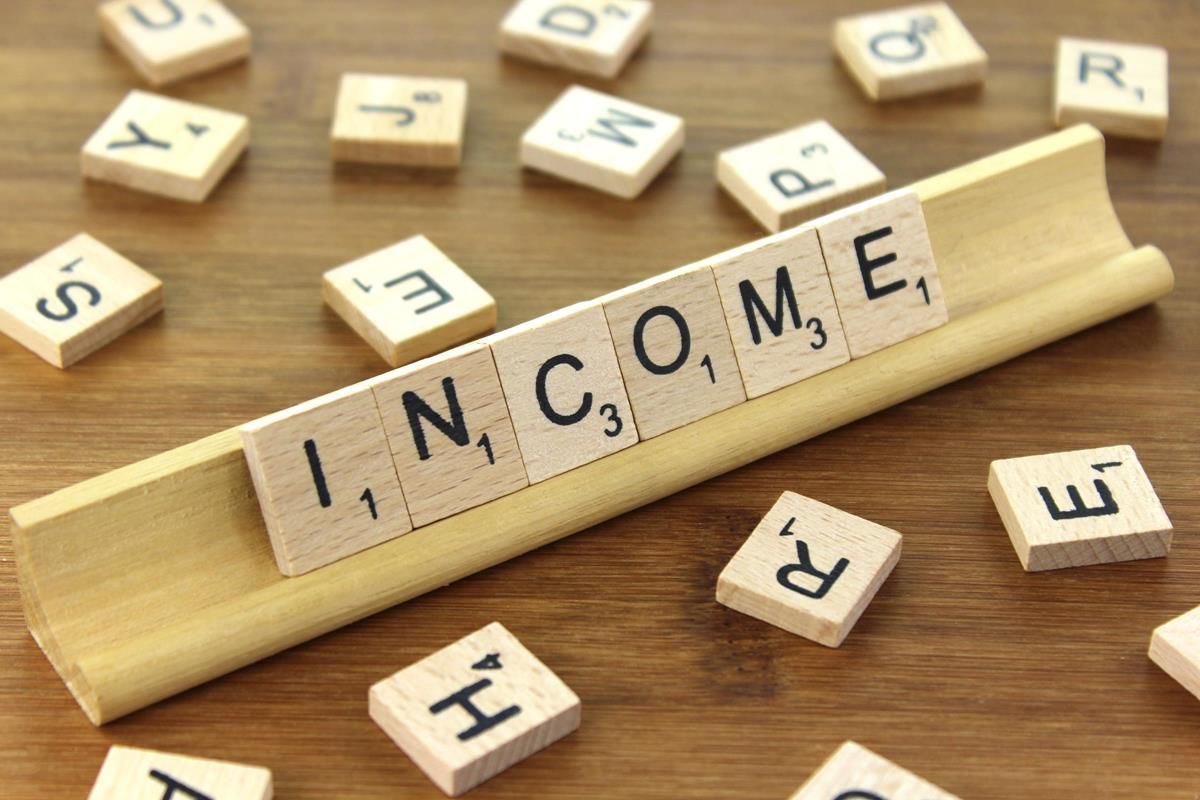
Most lenders require a minimum income of $24,000 per annum, if you’re a sole borrower. If you have anyone co-signing the home loan with you, the minimum combined income requirements must be at least $36,000 per annum.
2. Eligible income sources

Not all income sources are considered by the bank. One-off sources of income (e.g. you liquidated your stock portfolio, or got a huge 13- month bonus) are not considered for your various TDSR calculations (see below).
Apart from a regular pay cheque, sources of income that may be accepted include:
- Income earned from commissions
- Rental income from other properties (you usually have to be the owner of the property as well; do take note if the property is under the name of a different owner, such as your parents)
- Dividends, coupons, or any similar forms of income (acceptance varies significantly between lenders)
- Income derived from owned businesses (some lenders will not consider income earned from certain smaller businesses, such as new companies with no track record)
Note that for sources of variable income, such as rental income or income from sales commissions, the bank will apply a 30 per cent haircut.
For example, if you’re fully self-employed, and have a median income of about $10,000 per month, you would count as earning $7,000 per month for the purposes of TDSR calculations.
This makes loans harder to qualify for, if all the co-signers have variable income. In such cases, you may have to be ready to make a bigger down payment (see below).
With regard to a monthly paycheck, note that your employer’s contribution does not count toward your assessed income. For example, if you earn $5,000 a month, your employer might typically contribute $850 to your CPF, on top of your usual contribution rate.
In this case, your income counts as being $5,000, and not $5,850.
3. Mortgage Servicing Ratio (MSR)
The MSR applies to HDB properties, such as Exclusive Condominiums (ECs) that are yet to be fully privatised.
The MSR restricts your home loan repayment to 30 per cent of your monthly income. So if you have an assessed income of $5,000 per month, your monthly loan repayment cannot exceed $1,500.
Note that, for the purposes of calculating your monthly loan repayment, lenders will use a rate of 3.5 per cent, regardless of what the actual interest rate is.
For example:
Say you’re buying an EC, and your loan amount is $700,000 over 25 years. The actual interest rate is 1.4 per cent, so you would expect a monthly repayment of $2,766.
However, the bank will use an interest rate of 3.5 per cent, not 1.4 per cent, to assume your monthly repayment. This means your monthly repayment is assumed to be around $3,500, for the purposes of the MSR.
4. Total Debt Servicing Ratio (TDSR)
The TDSR applies to private properties, not HDB properties. For ECs, you need to meet both the MSR and TDSR.
The TDSR restricts your monthly home loan repayment – inclusive of all other debt obligations – to 60 per cent of your monthly income.
For example, say you have a monthly income of $10,000 per month. Normally, this means your home loan repayment can be up to $6,000 a month and still be approved.
But say you also have outstanding personal loans*, for which you’re obliged to repay $1,200 per month. You also have a car loan, which costs around $1,700 per month.
This would mean your monthly home loan repayment cannot exceed $3,100, as the TDSR also factors in the cost of those other loans.
This is why it’s advisable to start paying down your debts aggressively before applying for a home loan (typically 12 months prior to the application, as it also helps your credit score.
Note that, as with the MSR, your monthly repayment is determined under an interest rate of 3.5 per cent.
*Personal loans and credit cards often let you repay a variable amount. For the purposes of calculating the TDSR, use the minimum required payment as your debt obligations.
What if I can’t meet the MSR or TDSR?
There are only three solutions to this:
First, you could make a bigger down payment, thus reducing the monthly loan repayment.
Second, you could stretch out the loan tenure, which also reduces monthly loan repayments. But note that the maximum possible loan tenure is 35 years for private property. Also, going beyond 30 years, or having a loan that would last past the age of 65, will reduce the amount you can borrow for the house.
Third, you could rope in another co-signer for the loan, thus raising your collective income to meet the TDSR.
If you can’t do any of the above, then sorry, but you’ll need to find a less expensive property (or save up for a few more years, and then make a bigger down payment so you meet the TDSR).
(Take a closer look around the area, for alternative property options. You can also drop by Stacked to check out reviews of surrounding properties; there may be equally good options, for which you can meet the TDSR requirements).
You may be advised against taking the loan, even if you meet the TDSR limit

Sometimes your financial planner, property agent, or mortgage broker will advise against the loan, even if you meet the TDSR.
This is related to financial prudence. A common consensus – among both real estate and personal finance professionals – is that your home loan should not raise your total monthly expenses beyond 30 to 40 per cent of your monthly income. The TDSR is the legal limit, not the advisable limit.
From a real estate perspective, holding power – the ability to service your home and not be pressured to sell – is vital to property investment.
If you’re spending 60 per cent of your monthly income just to stay afloat, then you may not have holding power in a financial crisis, such as retrenchment or lower income. So if you still want to take the plunge, make sure you’re extra careful in saving money afterward.
If you’re still having problems getting your home loan approved, give us a shout out on Facebook.
If you’re still having issues despite meeting MSR and TDSR ratios, then the trouble may lie somewhere else; such as credit score, age limits, or even the nature of the property you’re buying. Get in touch with us, and we’ll put you in touch with the relevant experts.
Ryan J
A seasoned content strategist with over 17 years in the real estate and financial journalism sectors, Ryan has built a reputation for transforming complex industry jargon into accessible knowledge. With a track record of writing and editing for leading financial platforms and publications, Ryan's expertise has been recognised across various media outlets. His role as a former content editor for 99.co and a co-host for CNA 938's Open House programme underscores his commitment to providing valuable insights into the property market.Read next from Property Advice

Property Advice We Ranked The Most Important Things To Consider Before Buying A Property In Singapore: This One Came Top
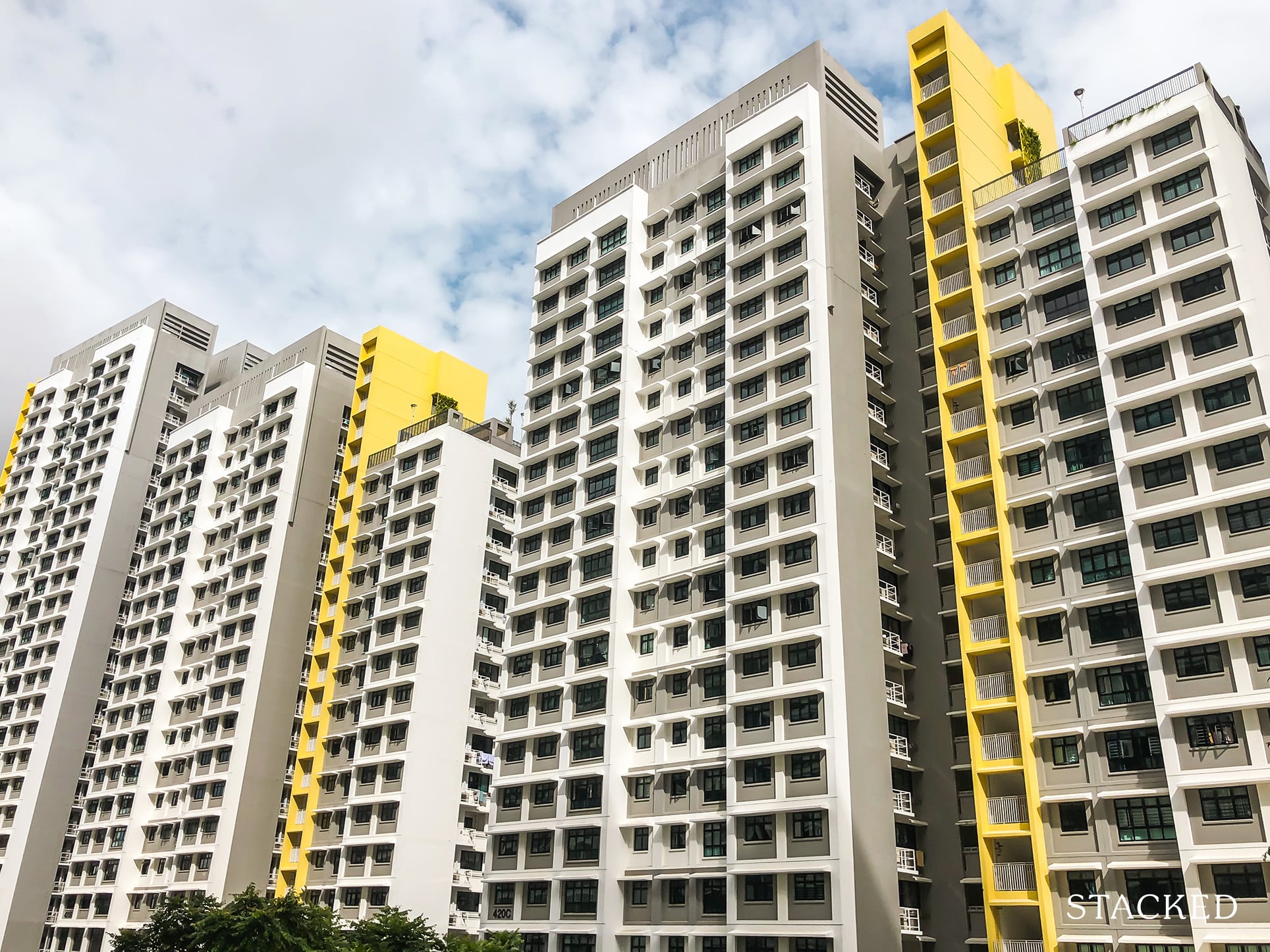
Property Advice Why Punggol Northshore Could Be The Next Hotspot In The HDB Resale Market

Property Advice How Much Is Your Home Really Worth? How Property Valuations Work in Singapore
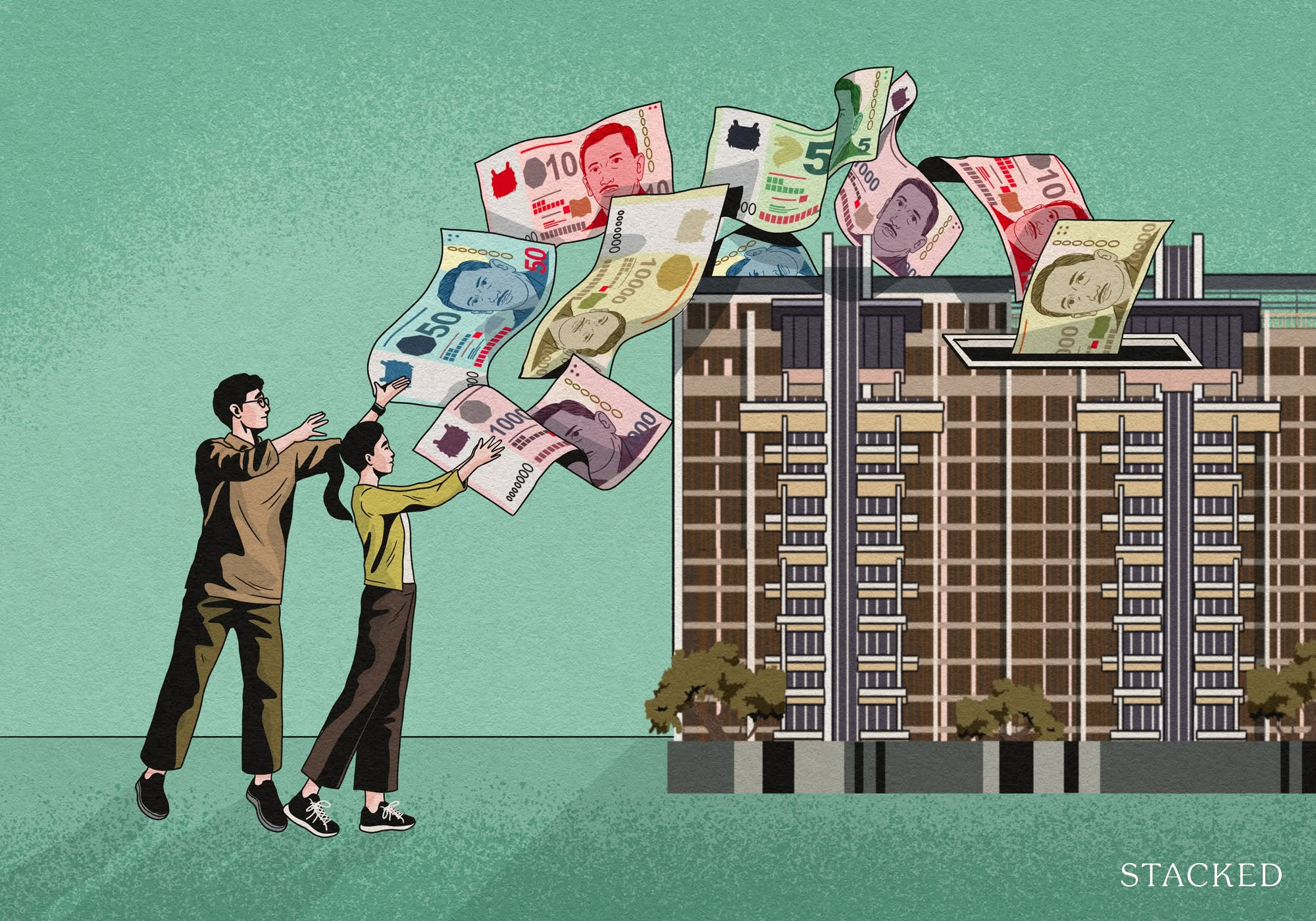
Property Advice Why I Had Second Thoughts After Buying My Dream Home In Singapore
Latest Posts

New Launch Condo Reviews LyndenWoods Condo Review: 343 Units, 3 Pools, And A Pickleball Court From $1.39m
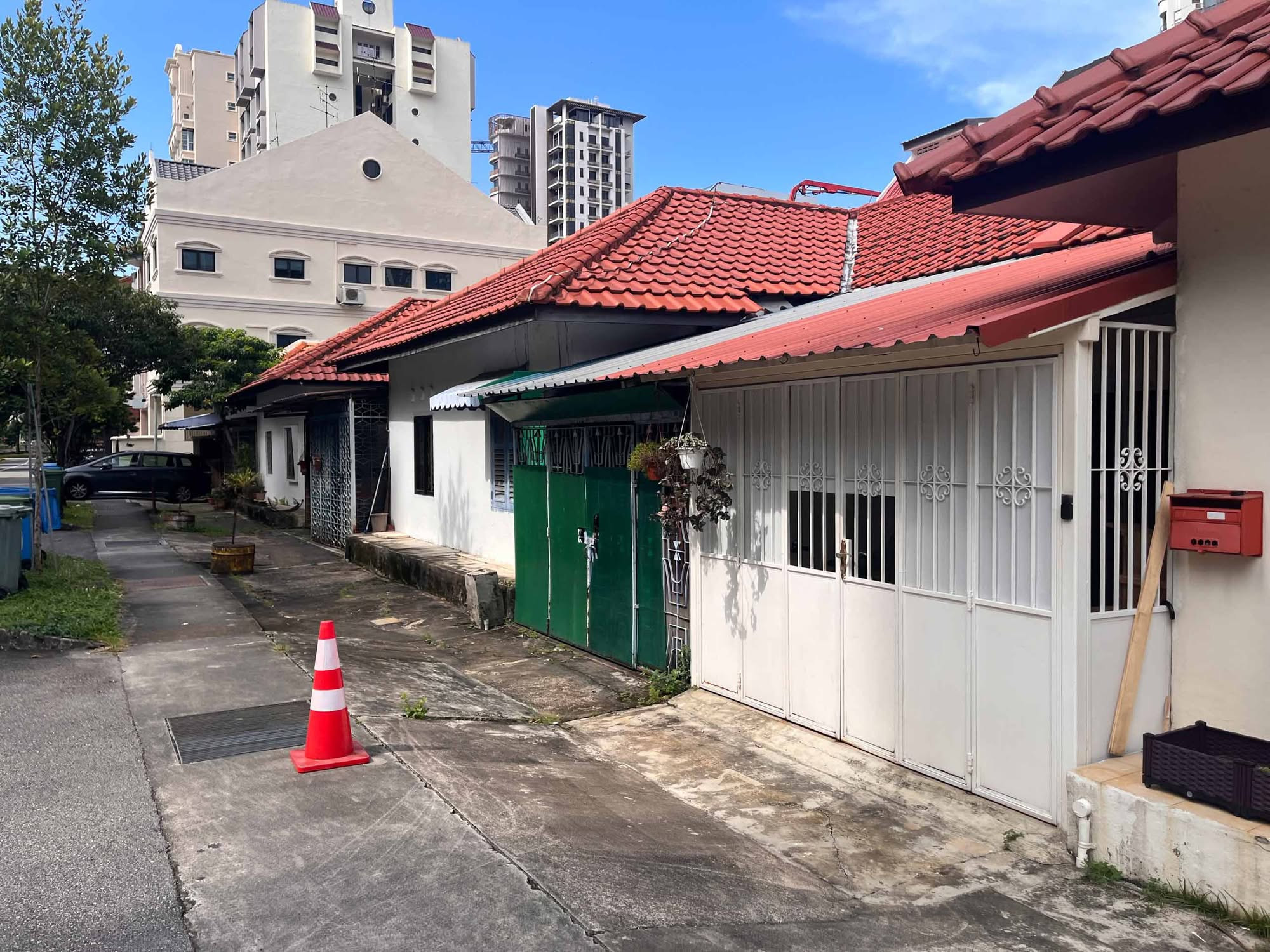
Landed Home Tours We Tour Affordable Freehold Landed Homes In Balestier From $3.4m (From Jalan Ampas To Boon Teck Road)
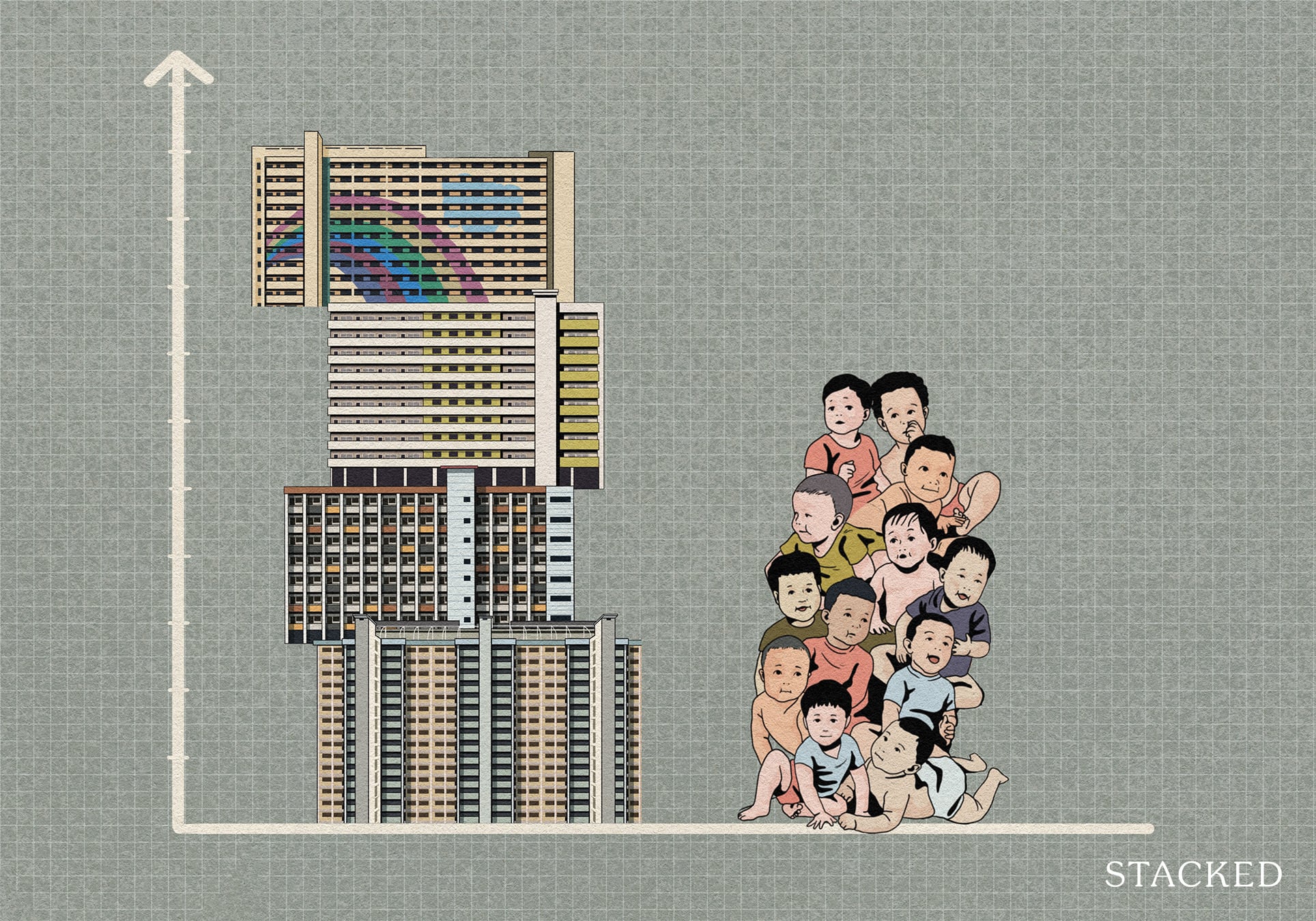
Singapore Property News Is Our Housing Policy Secretly Singapore’s Most Effective Birth Control?
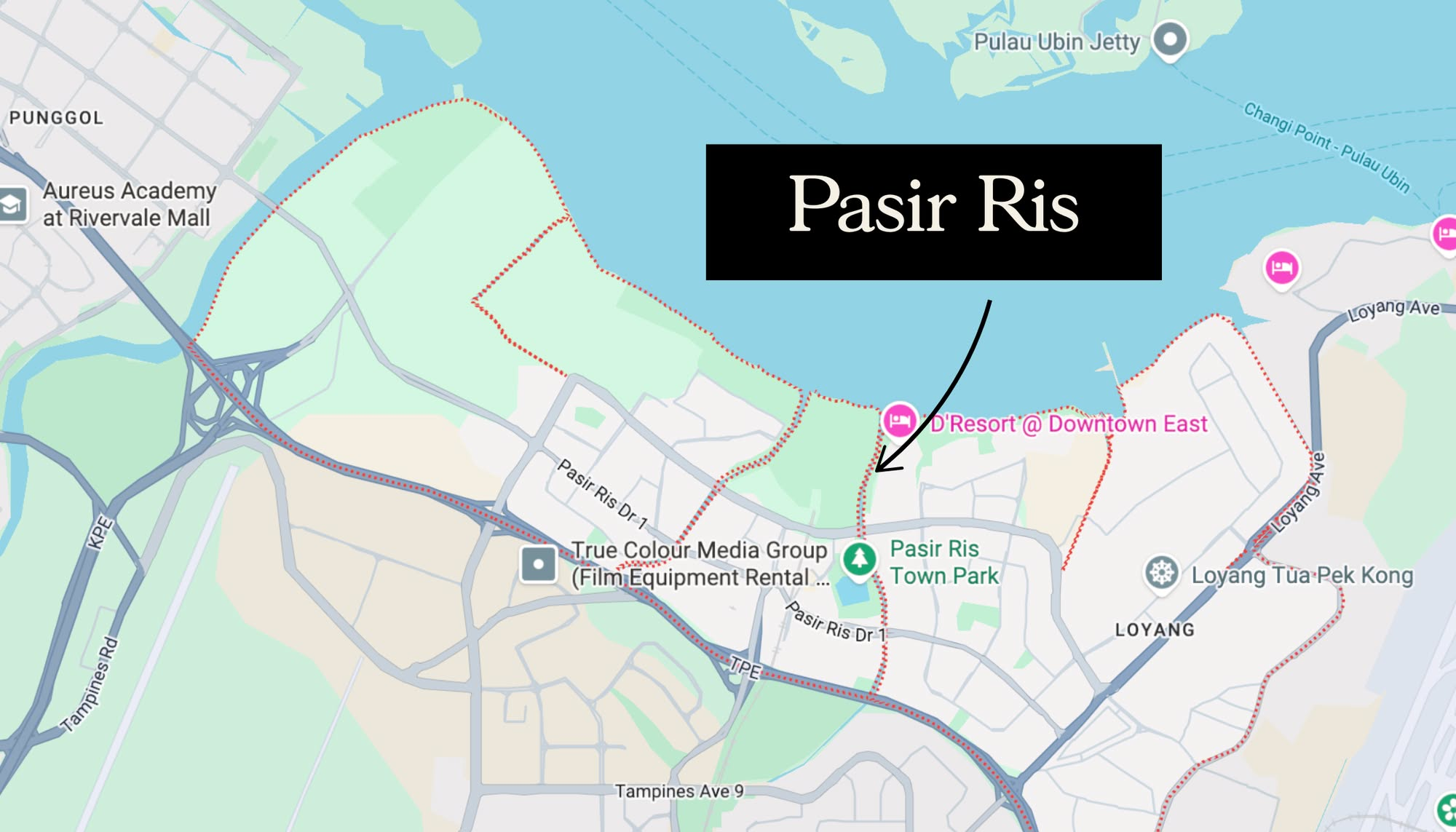
Property Market Commentary Why More Young Families Are Moving to Pasir Ris (Hint: It’s Not Just About the New EC)

On The Market A 10,000 Sq Ft Freehold Landed Home In The East Is On The Market For $10.8M: Here’s A Closer Look

On The Market 5 Spacious Old But Freehold Condos Above 2,650 Sqft
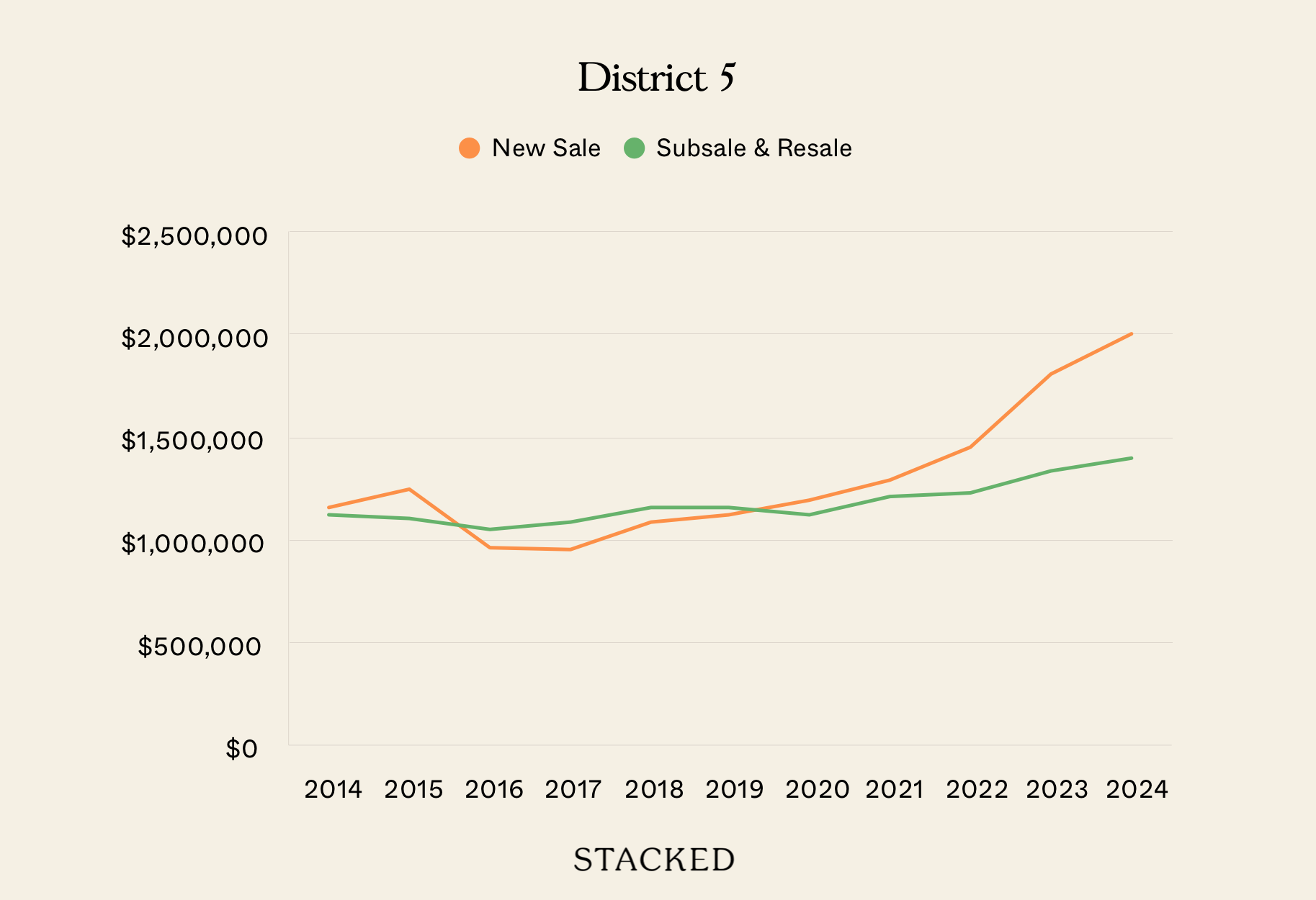
Property Investment Insights We Compared New Launch And Resale Condo Prices Across Districts—Here’s Where The Price Gaps Are The Biggest
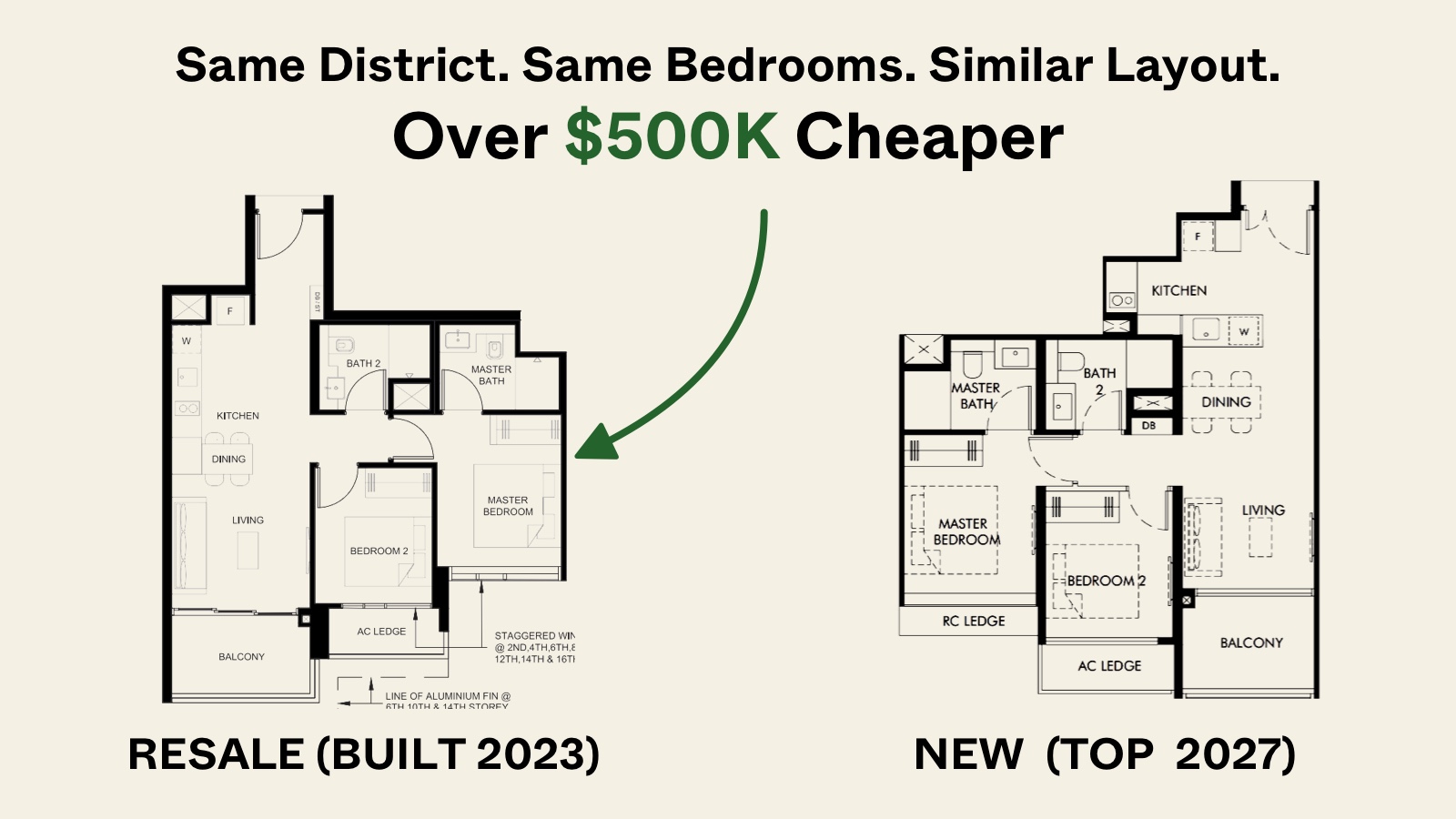
Pro Similar Layout, Same District—But Over $500K Cheaper? We Compare New Launch Vs Resale Condos In District 5
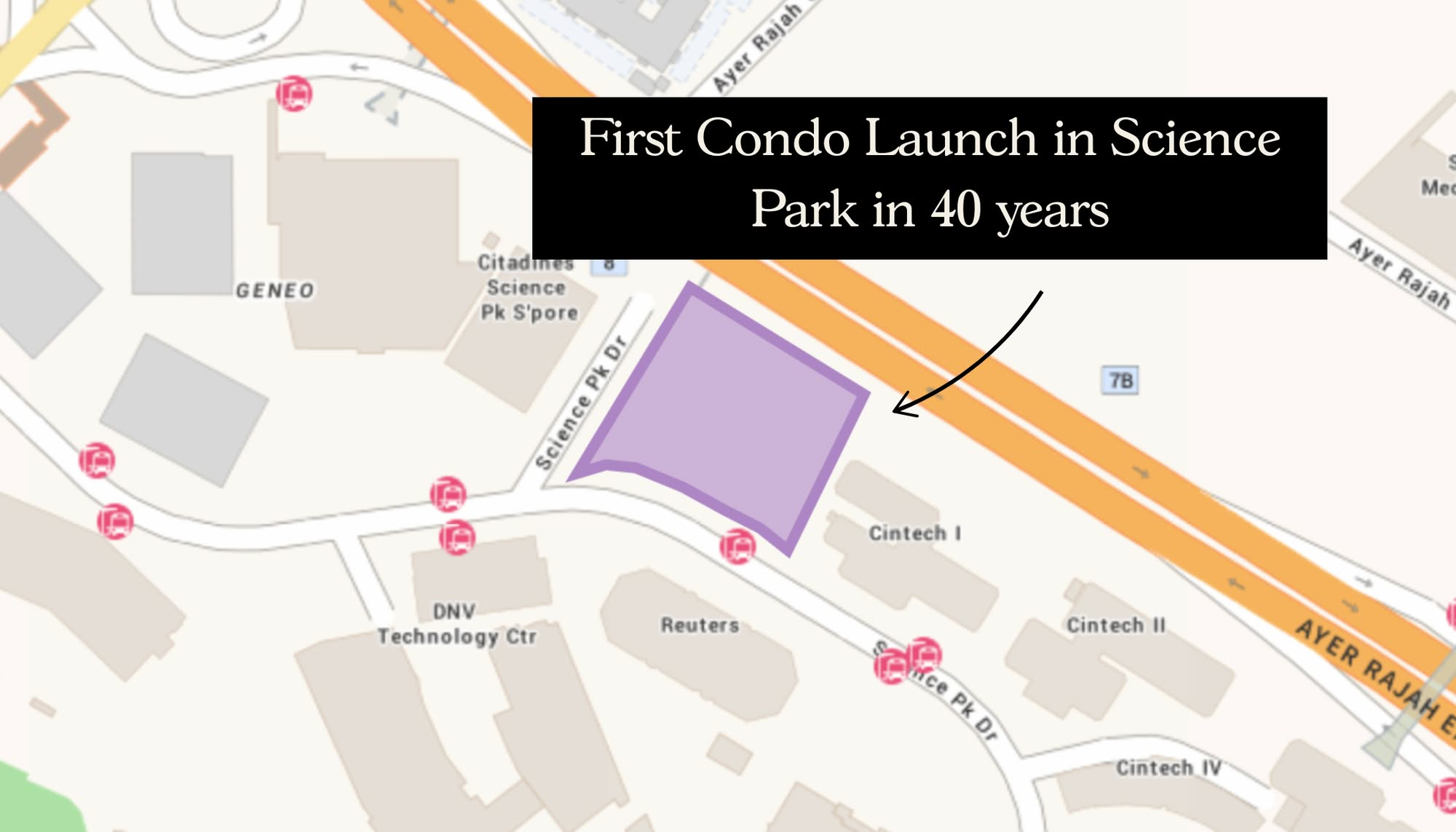
New Launch Condo Analysis The First New Condo In Science Park After 40 Years: Is LyndenWoods Worth A Look? (Priced From $2,173 Psf)

Editor's Pick Why The Johor-Singapore Economic Zone Isn’t Just “Iskandar 2.0”
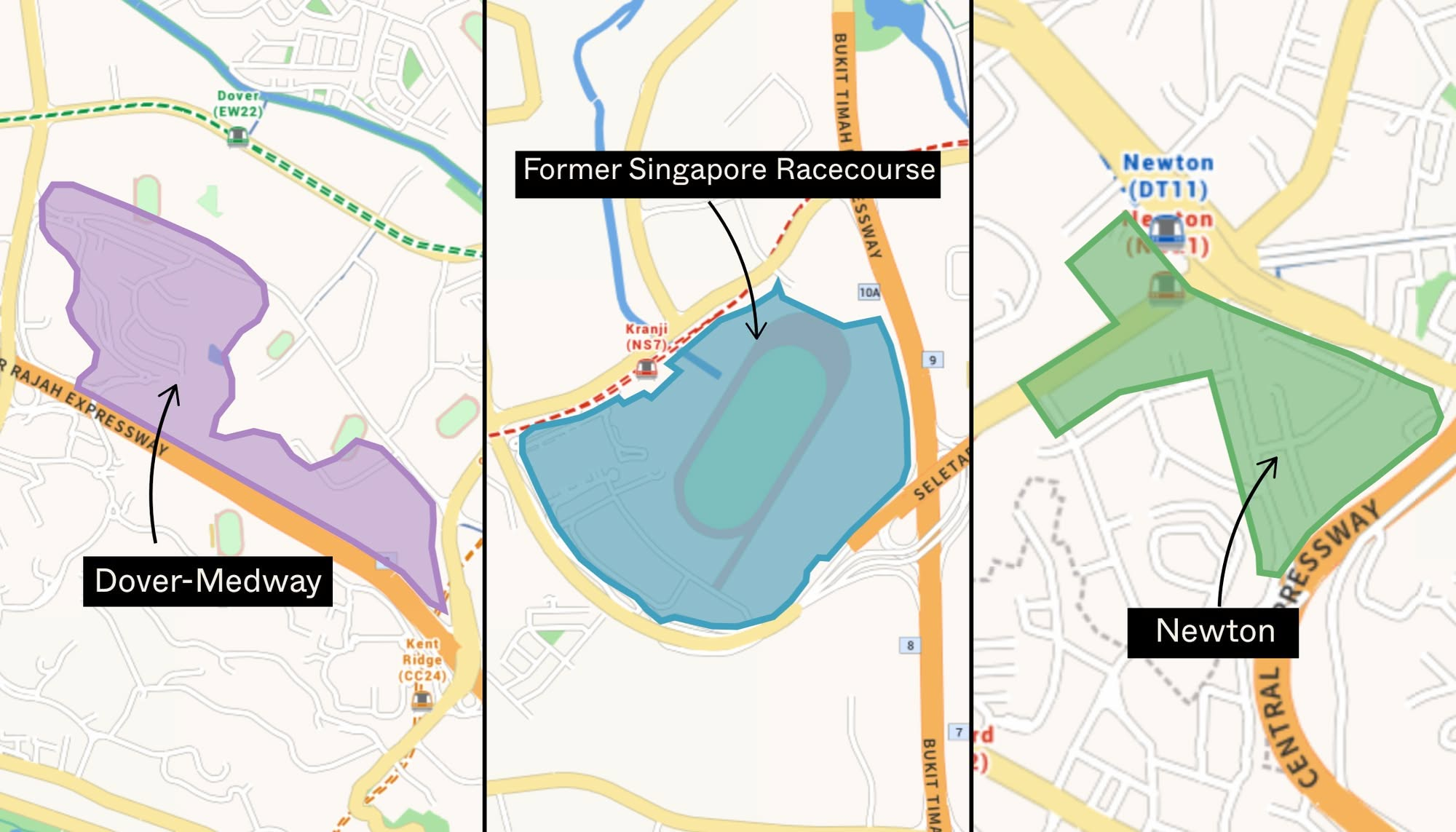
Editor's Pick URA’s 2025 Draft Master Plan: 80,000 New Homes Across 10 Estates — Here’s What To Look Out For
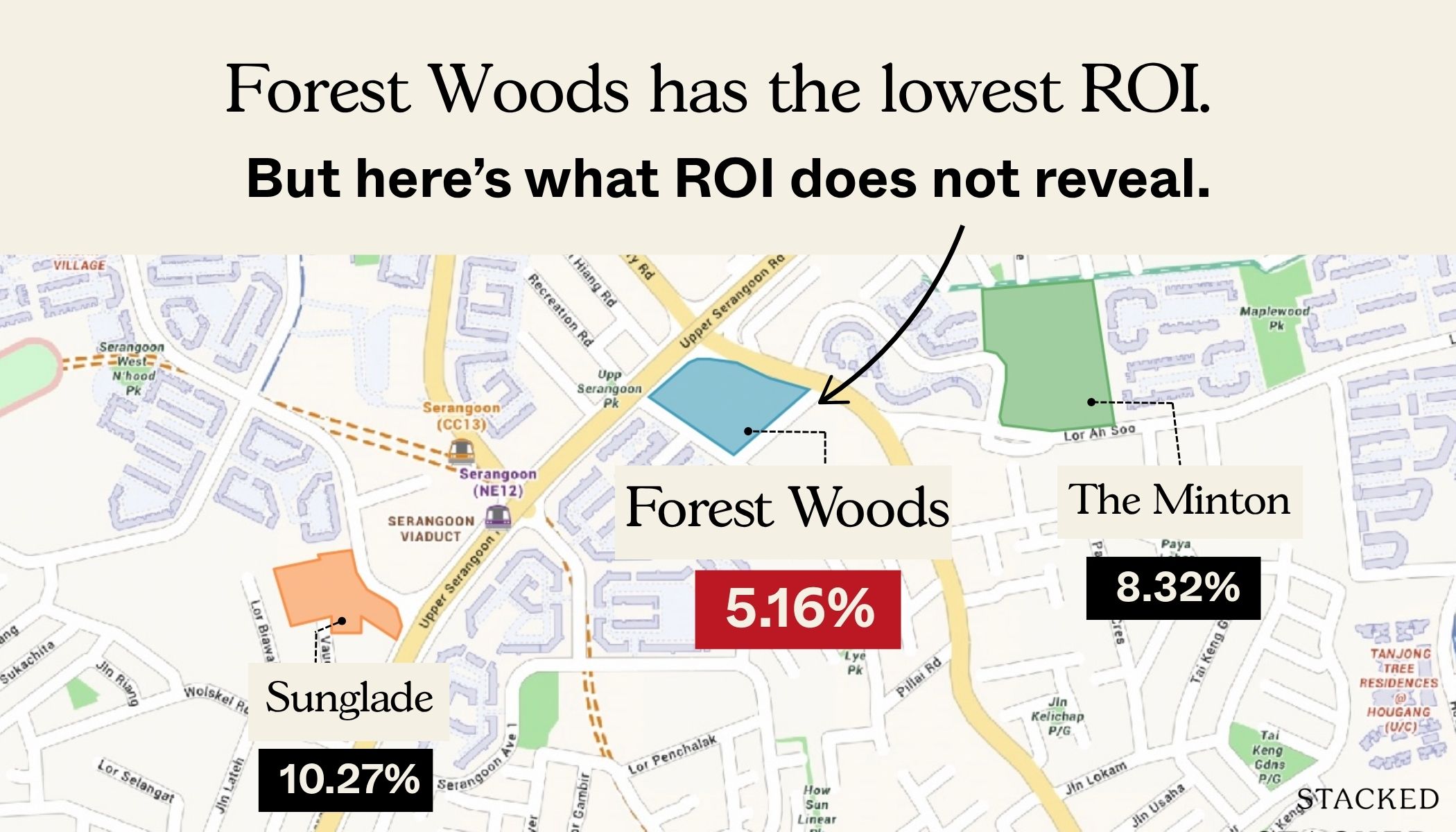
Pro Analysing Forest Woods Condo at Serangoon: Did This 2016 Project Hold Up Over Time?
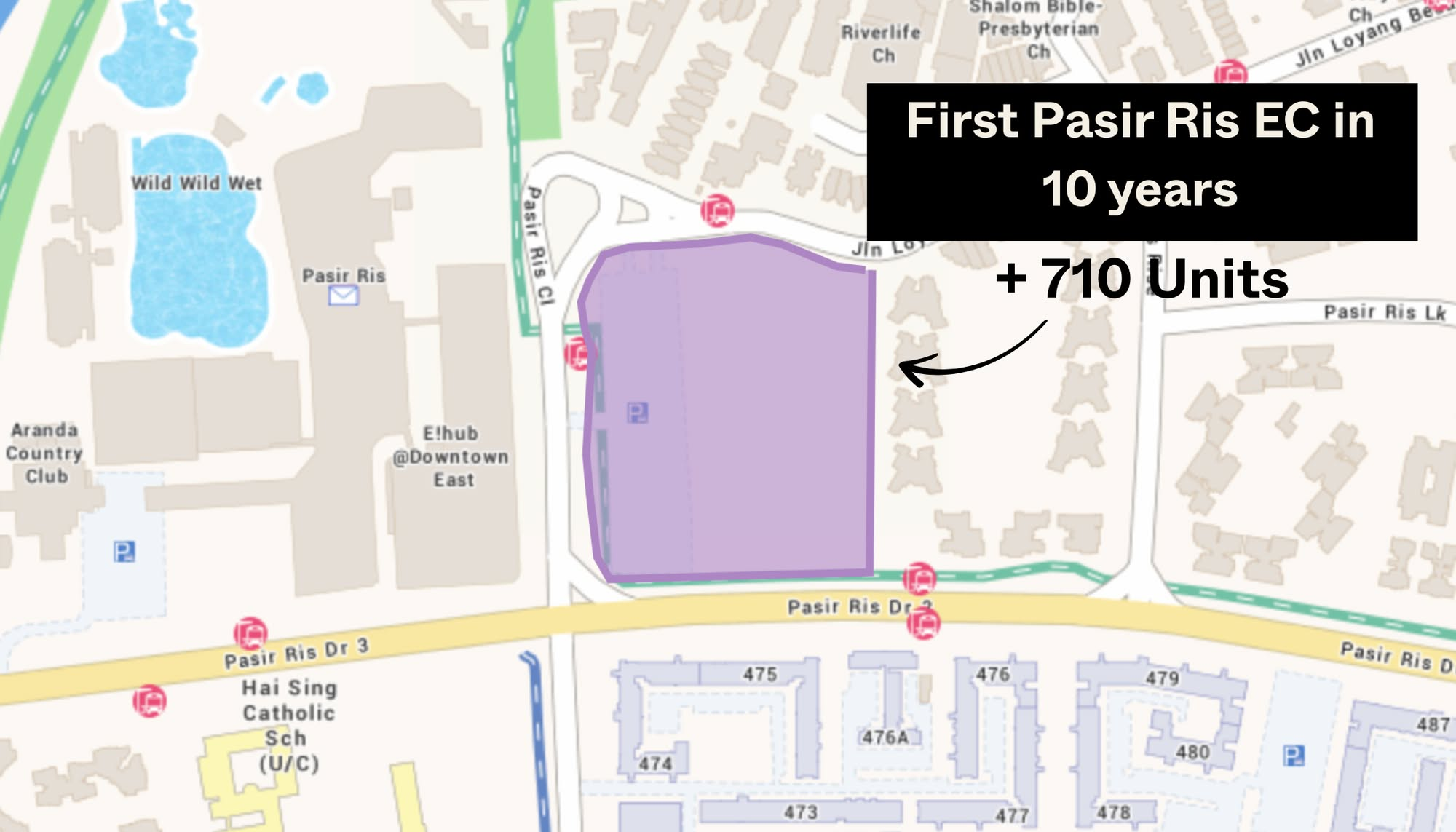
Property Market Commentary This Upcoming 710-Unit Executive Condo In Pasir Ris Will Be One To Watch For Families
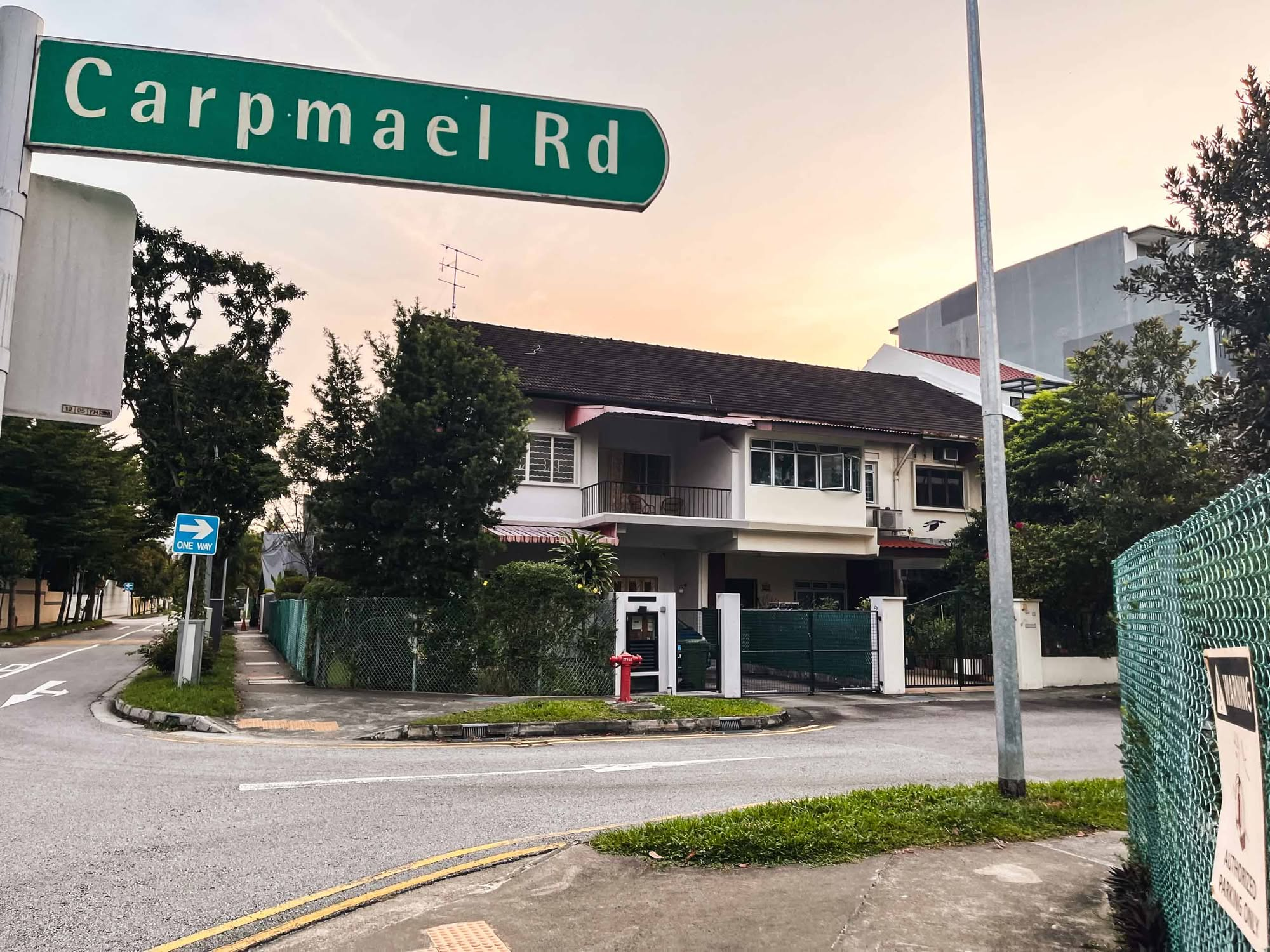
Editor's Pick Where To Find Freehold Terrace & Semi-D Landed Homes From $4.85 million In The East

Singapore Property News She Lost $590,000 On A Shop Space That Didn’t Exist: The Problem With Floor Plans In Singapore
